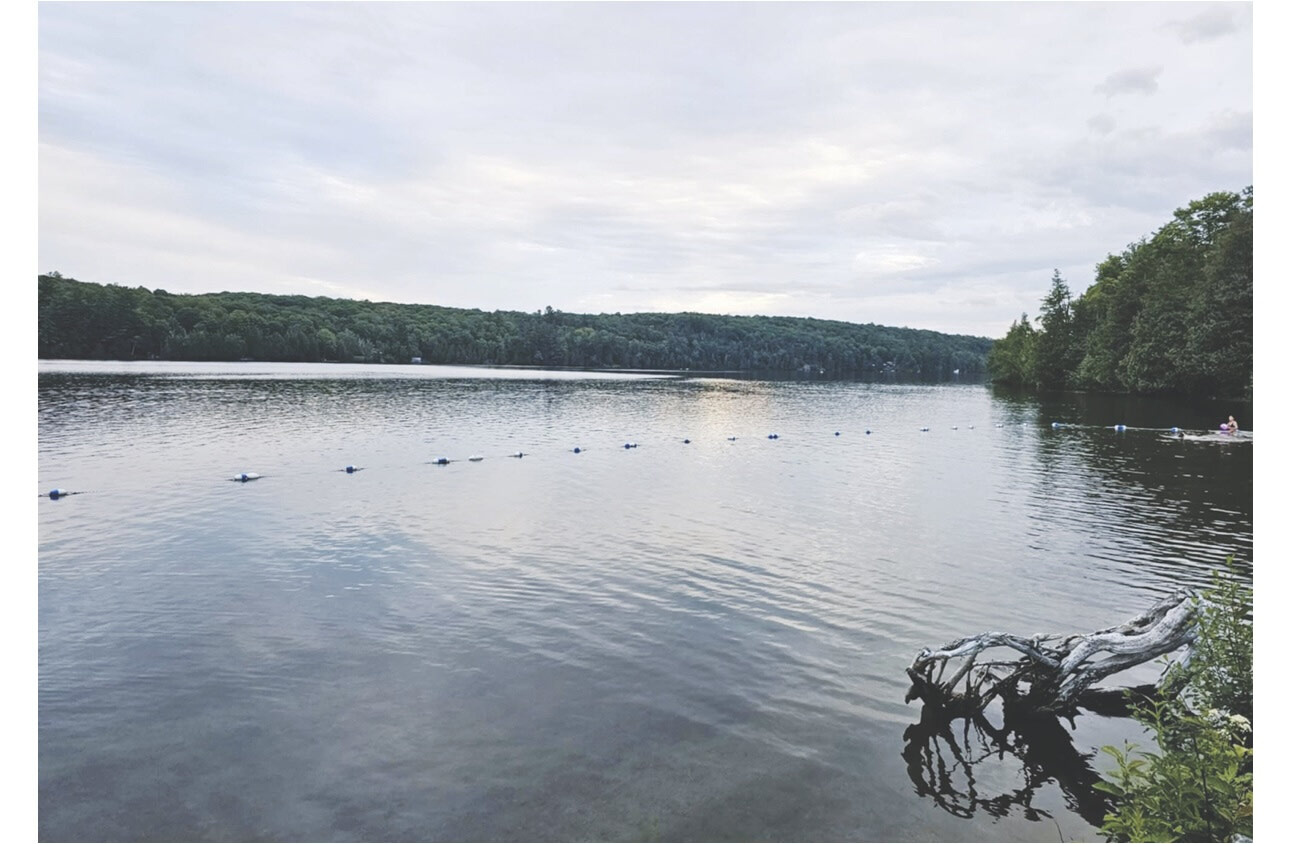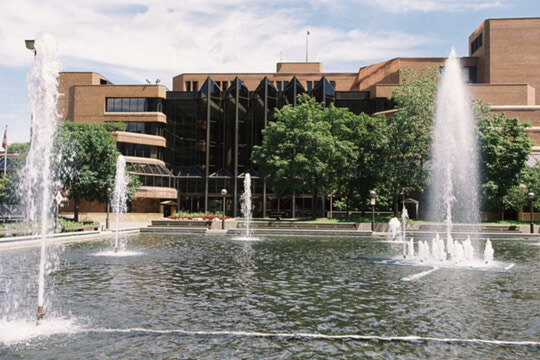Gatineau Park Protection Bill sparks debate over private property concerns
Tashi Farmilo
A proposed bill designed to protect Gatineau Park has ignited debate among conservationists, lawmakers, and local residents, with concerns focused on its handling of private property within the park’s boundaries. Introduced by Member of Parliament Sophie Chatel in collaboration with Senator Rosa Galvez, the bill aims to provide formal legal protection for Gatineau Park, which, despite being a cherished federal green space, has lacked such safeguards for decades.
The bill seeks to establish official boundaries for the park and grant the National Capital Commission (NCC) stronger authority to manage the park’s ecological health. Chatel has made clear that her intention is to ensure the park’s preservation for future generations. "The bill proposes to define clear official limits for the park and preserve it for the benefit, education, and enjoyment of Canadians,” she said in a statement. “It guarantees that the park’s ecological integrity will be protected, ensuring that the park will remain intact for future generations.”
Since her election as MP for Pontiac, Chatel has prioritised Gatineau Park’s protection, pointing to the need for formal legal status to prevent further development within the park. Her bill is the latest attempt to provide a legislative framework for the park, following 13 earlier proposals between 2005 and 2013 that failed to pass through Parliament. These earlier attempts stalled due to election cycles or other legislative roadblocks.
For Chatel, the stakes are high. The park is home to 90 plant species and 50 animal species that are at risk in Québec, and it draws more than 2.6 million visitors each year. These visitors contribute significantly to the local economy, generating an estimated $241 million in GDP and supporting nearly 5,000 jobs in the surrounding communities, according to the NCC.
Despite these positive intentions, critics argue that the bill does not go far enough to address the growing concern over private property development within Gatineau Park. Jean-Paul Murray, Secretary of the Gatineau Park Protection Committee and a long-time advocate for the park, has raised alarm over the ongoing construction of private homes inside the park’s borders.
According to Murray, 137 new houses have been built within the park since 1992, a trend he argues threatens both public access and the ecological integrity that the bill purports to protect.
“The park is paid for by the public,” Murray said. “Why should private owners, whose properties are supposed to be acquired by the NCC, continue to profit at the expense of the park’s ecological health? The bill does nothing to stop this.”
Murray, referencing the importance of national parks, described Gatineau Park as an example of "democracy applied to the landscape," stressing that it should remain a public space for all Canadians rather than be encroached upon by private development.
Murray’s primary criticism of the bill is its failure to include a right of first refusal for the NCC to purchase private properties within the park when they go on sale. This mechanism, he argues, is essential to gradually phasing out private development and ensuring the park remains a public space. Murray believes the absence of such a provision in the current draft undermines its core goal of protecting the park’s ecological integrity. He also refutes Chatel’s assertion that such a provision would be financially unfeasible for a private member’s bill, citing a 2009 Senate ruling that, he says, demonstrates it could be included without violating parliamentary rules.
Chatel has responded to these concerns by pointing to the legal constraints on private member’s bills, which cannot impose new financial obligations on the government. As she explained in a statement, "I cannot deal with private property acquisitions because I'm limited by what a private member’s bill can do." Nonetheless, Murray contends that earlier bills, including those introduced by former MPs Ed Broadbent and Paul Dewar, managed to include a right of first refusal without triggering constitutional or financial challenges. Murray believes that excluding this option now is a missed opportunity to address one of the park’s most pressing issues.
The ongoing debate over the bill underscores the broader challenges facing Gatineau Park. Despite its importance as a green space for the Ottawa-Gatineau region, the park has been governed largely by the NCC’s master plan, which lacks the force of law. This has left it vulnerable to development pressures, particularly from private landowners within the park’s boundaries. Chatel’s bill is an attempt to rectify this by formalising the park’s status, but without tackling the private property issue head-on, some fear that it will not go far enough.
As the bill moves toward its introduction in the Senate this fall, public consultations continue, with Chatel urging residents to stay engaged and provide feedback. She has expressed optimism that this legislative effort will finally provide Gatineau Park with the legal protection it has long needed, while also balancing the diverse interests of local communities, Indigenous groups, and conservation organisations.






